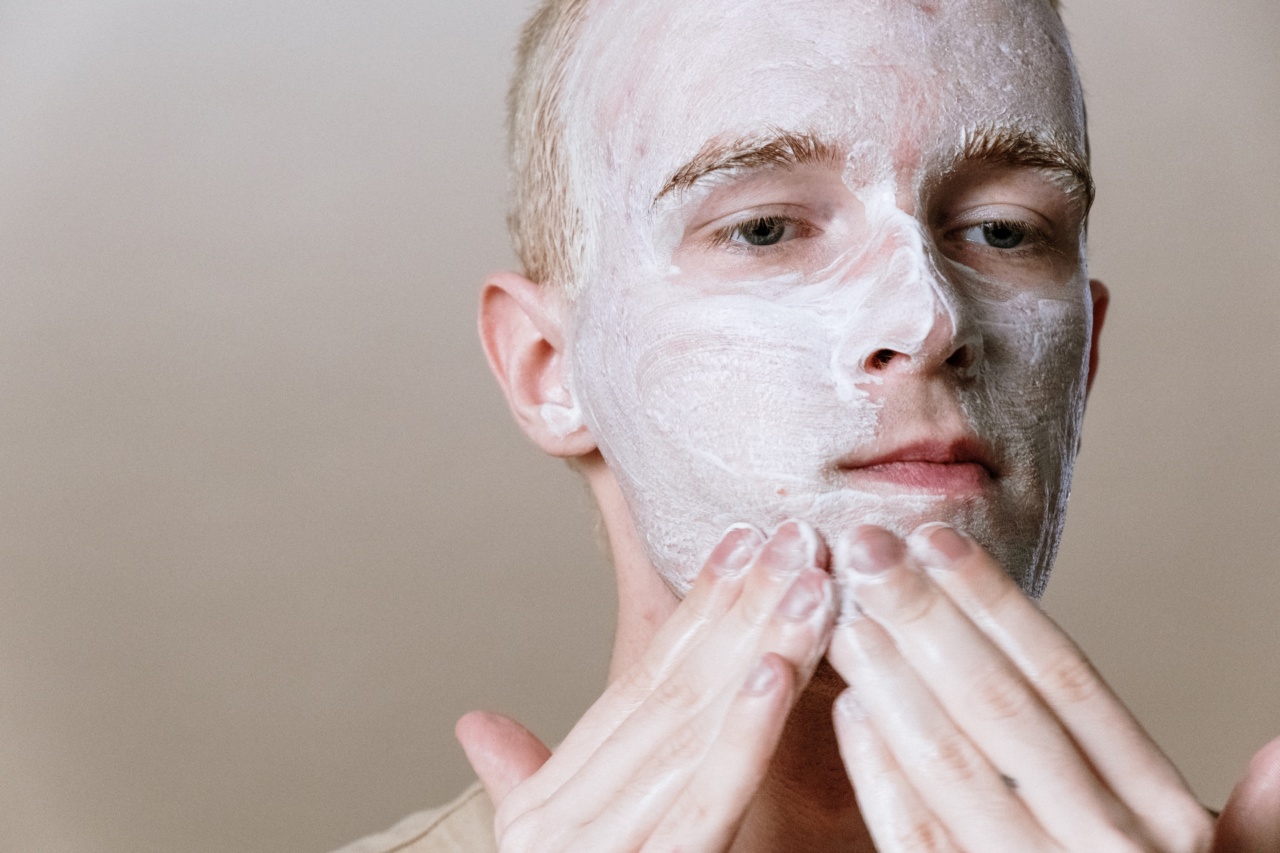Acne is a common skin condition that many people experience at some point in their lives. However, individuals with oily skin tend to be more prone to acne breakouts due to the excess oil production on their skin.
Oily skin occurs when the sebaceous glands produce too much sebum, which can clog pores and lead to breakouts. Preventing acne on oily skin requires proper skincare habits and products that are specifically formulated for oily or acne-prone skin.
Cleanse Your Skin Twice a Day
One of the most important steps in preventing acne on oily skin is to cleanse your skin at least twice a day. Cleansing your face in the morning and before bed helps to remove excess oil, dirt, and makeup from the skin.
When choosing a cleanser for oily skin, look for products that are oil-free, non-comedogenic, and specifically formulated for acne-prone skin. Avoid harsh scrubs or cleansing brushes that could irritate the skin and worsen acne.
Exfoliate Regularly
Exfoliating regularly can help to remove dead skin cells and unclog pores, which can contribute to acne breakouts. However, it is important to avoid over-exfoliating or using harsh scrubs that can irritate the skin.
Instead, look for gentle exfoliating products that are specifically formulated for oily or acne-prone skin. Exfoliating once or twice a week is typically sufficient for most individuals with oily skin.
Use Products with Salicylic Acid
Salicylic acid is an ingredient that is commonly found in skincare products for oily or acne-prone skin. Salicylic acid helps to unclog pores and exfoliate the skin, which can prevent breakouts.
Look for products that contain 2% salicylic acid, such as cleansers, toners, and spot treatments. However, it is important to start slowly with salicylic acid products as they can be drying or irritating for some individuals.
Avoid Heavy or Greasy Products
Individuals with oily skin should avoid using heavy or greasy skincare products, as these can clog pores and contribute to acne breakouts.
Look for lightweight, oil-free moisturizers and sunscreen that are specifically formulated for oily or acne-prone skin. Avoid using thick, heavy makeup or skincare products that can exacerbate oily skin and lead to breakouts.
Manage Stress
Stress can contribute to acne breakouts by increasing hormone production, which can stimulate sebum production. Managing stress through practices such as exercise, meditation, or therapy can help to prevent acne breakouts on oily skin.
Additionally, getting enough sleep can also help to reduce stress and protect against breakouts.
Avoid Touching Your Face
Touching your face can transfer bacteria and oil from your hands to your skin, which can contribute to acne breakouts. Avoid touching your face throughout the day and try to keep your hands away from your face as much as possible.
If you must touch your face, wash your hands first or use a clean tissue.
Conclusion
Preventing acne on oily skin requires adopting proper skincare habits and using products that are specifically formulated for oily, acne-prone skin.
Cleansing your skin twice a day, exfoliating regularly, using products with salicylic acid, avoiding heavy or greasy products, managing stress, and avoiding touching your face are all important steps in preventing acne breakouts. By following these tips, individuals with oily skin can help to keep their skin clear and healthy.































